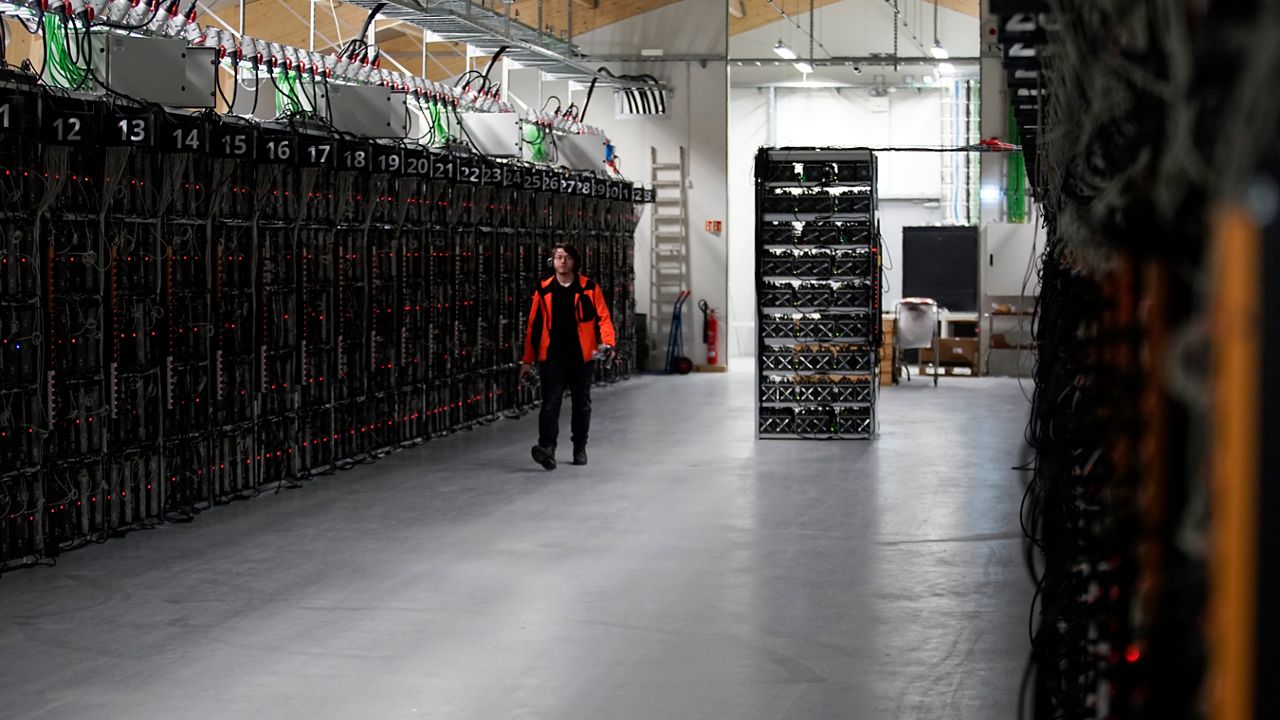Cryptomining has gained a foothold in upstate New York because it requires a lot of energy and water, both of which are abundant and relatively inexpensive here.
One kind of cryptomining, “Proof of Work,” requires more computational power, and consequently, more energy than other kinds of data mining. By some estimates, this kind of crypto mining can use as much energy as an entire county.
A study of electricity costs by the University of California & University of Chicago estimates that cryptomining here in upstate New York raised annual electricity bills by about $79 million for households and $165 million for small businesses.
According to Ithaca-area state Assemblymember Anna Kelles, residents pay between 25 cents and 28 cents for electricity per kilowatt hour, while some crypto plants may pay as little as 5 cents per kilowatt hour.

Kelles says that differential means residential and business users are subsidizing crypto, which is the reason she and state Sen. Liz Krueger, both Democrats, are sponsoring a bill to implement an excise tax on some forms of cryptomining.
The revenue from the tax would help subsidize electricity bills for low-income New Yorkers.
There are some crypto plants, including Greenidge Generation, that don’t use energy from the grid. Instead, the facility is a natural gas plant that sends power to the grid, using the energy it produces to power crypto operations.
While the Kelles/Krueger excise tax bill wouldn’t impact Greenidge, Kelles told Capital Tonight that Greenidge no longer sends power back to the grid. The company wouldn’t provide a statement, but its operating agreement with the New York Independent System Operator requires that every minute the facility is running it is sending power to the grid.

